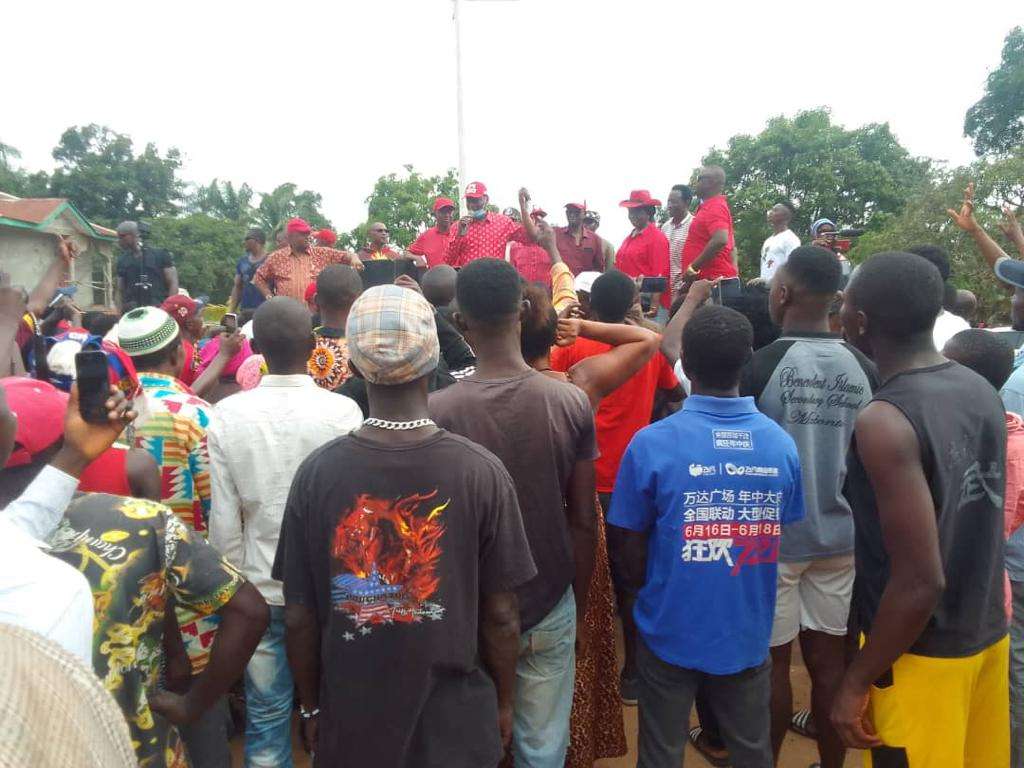Then Governor-General of Sierra Leone, Sir Henry Lightfoot-Boston, who had unsuccessfully attempted to arrange an APC-SLPP coalition government, appointed Siaka Stevens of the APC as prime minister on March 21, 1967. However, a few hours later, Prime Minister Stevens was overthrown in a military rebellion led by General David Lansana on March 21, 1967 by a coup d’ tart championed by General Lansana. General Lansana announced that the appointment of Siaka Stevens as prime minister was unconstitutional since elections for twelve “paramount chiefs” had not yet been concluded. On March 21, 1967, General Lansana declared martial law after some 40 individuals were killed during demonstrations against the military rebellion, General Lansana was overthrown in a military rebellion led by Major Charles Blake on March 23-24, 1967, and the eight-member National Reformation Council (NRC) headed by Lt. Colonel Andrew Juxton-Smith took control of the government on March 24, 1967. The NRC dissolved political parties and suspended the constitution. It also went on to lift martial law on April 3, 1968. Unfortunately for the NRC, It was overthrown in another military rebellion led by Sergeant-Major Amadu Rogers on April 18, 1968, resulting in the deaths of two individuals. Sergeant-Major Rogers announced the formation of the seven-member National Interim Council (NIC) on April 18, 1968. The National Interim Council turned control of the government over to a civilian government headed by Prime Minister Siaka Stevens on April 26, 1968.
Furthermore, Stevens discovered a military plot to overthrow the government, and declared a state-of-emergency on September 14, 1970. Parliament went on and ratified the state-of-emergency on October 21, 1970. In addition, the then Guinean government deployed some 200 troops in support of the government on March 28, 1971. The parliament declared the Republic of Sierra Leone, and elected Siaka Stevens as president on April 21, 1971. The Cuban government provided military assistance (military advisers) in support of the government between November 1972 and May 1973. Legislative elections were held on May 15, 1973, and the All People’s Congress (APC) won 84 out of 97 seats in the National Assembly. On May 6, 1977, Legislative elections were held and the APC won 70 out of 100 seats in the National Assembly. The SLPP won 15 seats in the National Assembly.
A new constitution establishing a one-party state was approved in a referendum held on June12, 1978, and President Stevens of the APC began serving a second seven-year term as president on June 14, 1978. Legislative elections were held on May 1, 1982, and the All People’s Congress (APC) won 85 out of 104 seats in the National Assembly. Joseph Saidu Momoh was elected president without opposition on October 1, 1985. Legislative elections were held on May 29-30, 1986, and the All People’s Congress (APC) won 105 out of 127 seats in the National Assembly.




